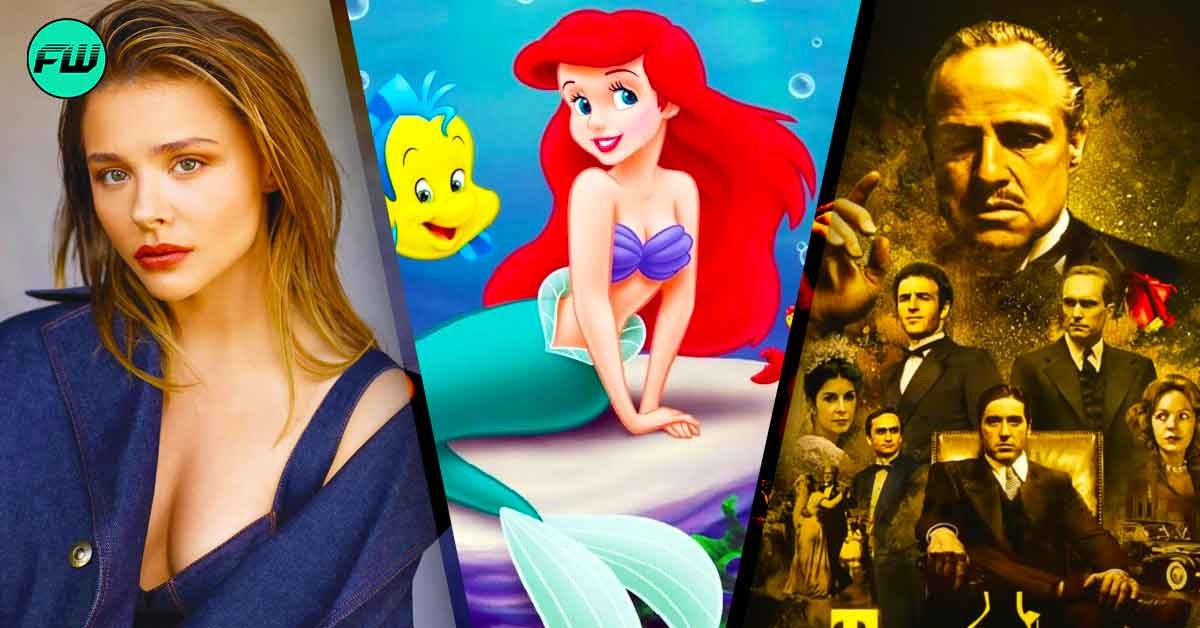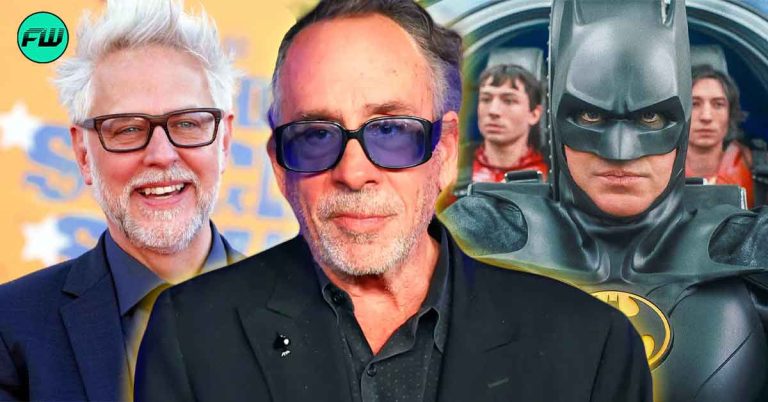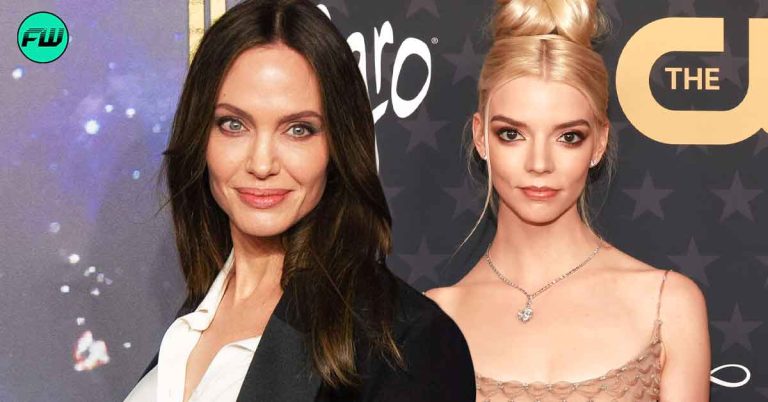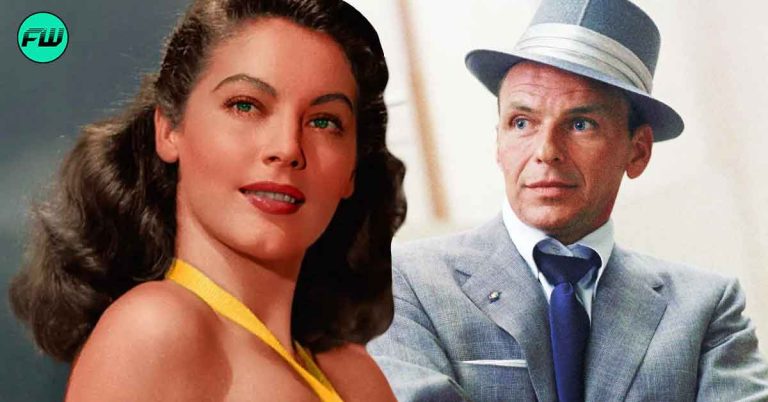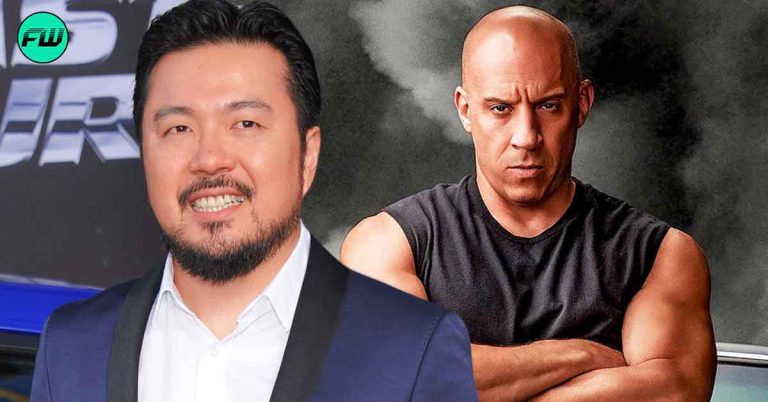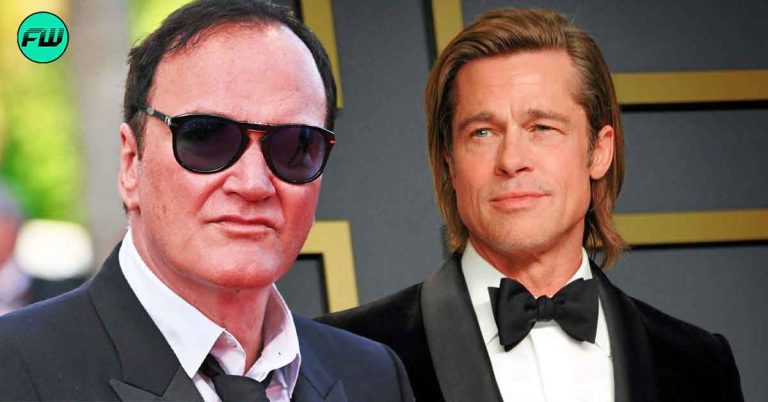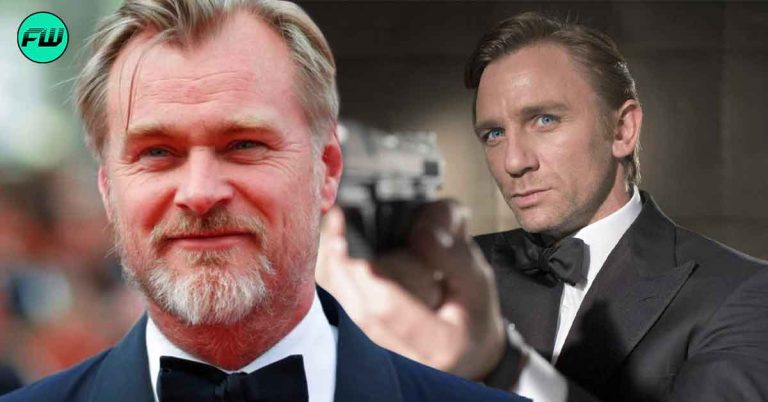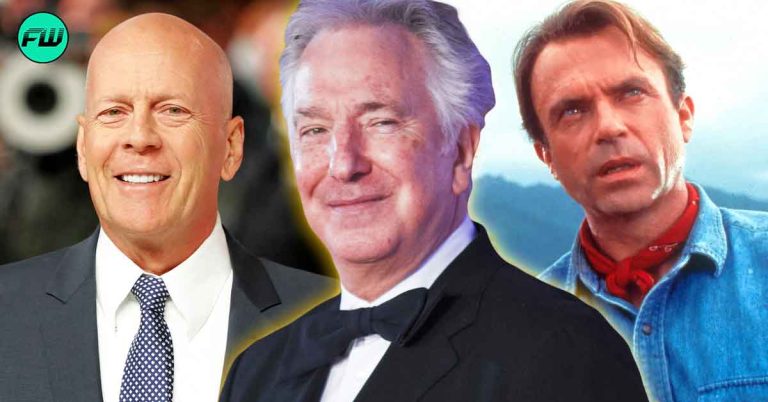Rob Marshall’s 2023 live-action reimagining of Disney’s The Little Mermaid (1998)—an acclaimed and much-celebrated animated musical film loosely based on Hans Christian Andersen’s Danish fairy tale—became quite a successful venture. With Halle Bailey in the role of the titular mermaid, the world was offered a visually mesmerizing revitalization of the timeless tale. Despite being deemed a polarizing pursuit, the movie amassed $544.6 million at the box office.
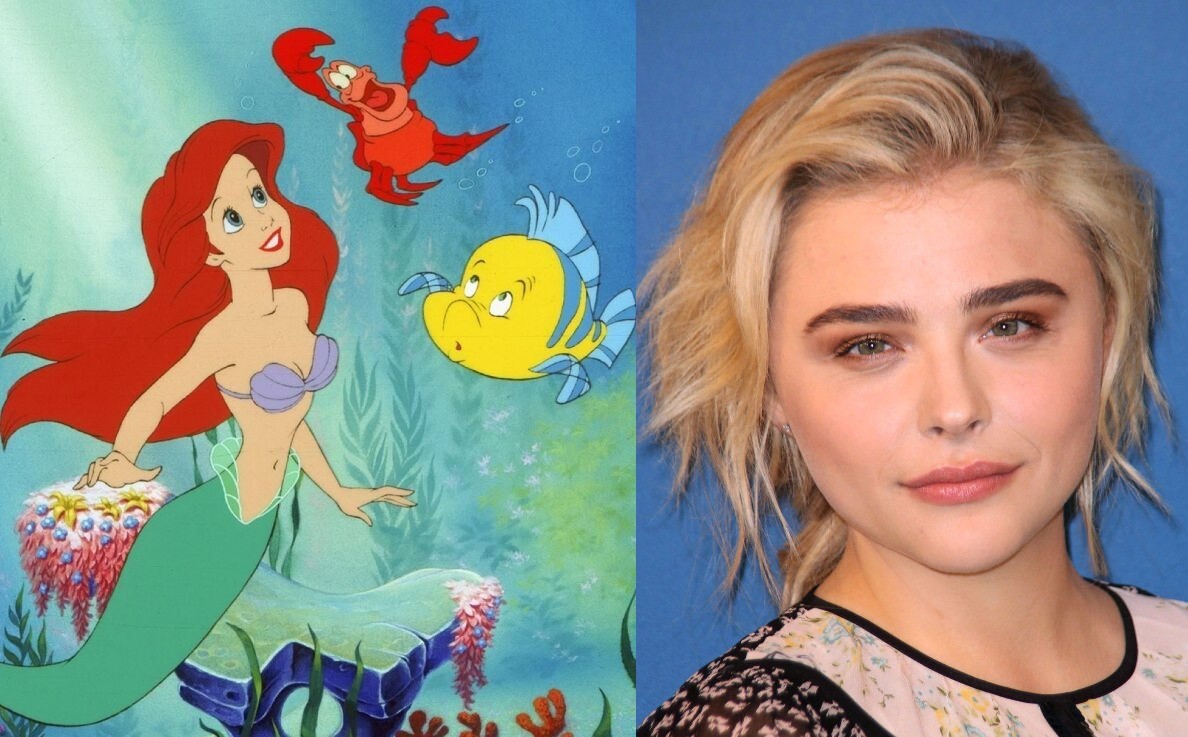
Before Bailey’s reign as the titular mermaid, another actress was in talks to be cast in the role of Ariel. However, this was for a different live-action retelling of the Danish fairy tale, pioneered by Universal Pictures and Working Title. Hailed as a “modern, revisionist tale”, the endeavor was meant to be helmed by a notable talent who is highly regarded for her distinctive filmmaking and storytelling style.
Alas, the remake never came to fruition due to alleged creative differences.
The Godfather Alum Sofia Coppola’s Retelling Of The Little Mermaid
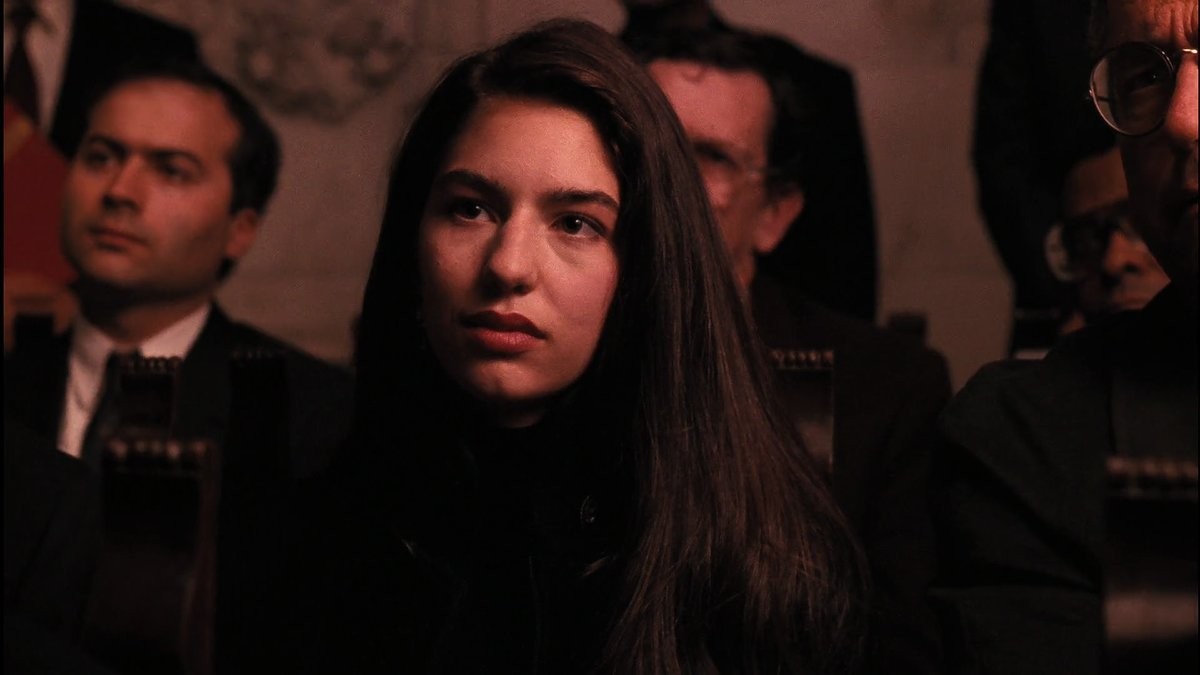
Sofia Coppola, daughter of Francis Ford Coppola and Eleanor Coppola, is a renowned and acclaimed director, known for her unparalleled and unique cinematic style. She is known particularly for her remarkable filmography, with works like The Virgin Suicides, Lost in Translation, Marie Antoinette, and the upcoming A24 drama Priscilla, to her name. Coppola’s first film appearance was marked by her embodying Michael Rizzi as an infant in The Godfather. Later on, she was also seen in the role of Mary Corleone in The Godfather Part III. For the latter, however, she received scathing criticisms.
The barrage of negative remarks signaled the end of Coppola’s career as an actor. It was only as a filmmaker that she found her true calling. When Universal Pictures, back in 2014, confirmed that Sofia Coppola would be directing a live-action retelling of The Little Mermaid, devoted movie connoisseurs were interested to see what the notable filmmaker would bring to the table.
As per claims made by The Beguiled alum, this cinematic reinterpretation was meant to be more grounded in its approach; a little darker than what the audiences would expect. “It wasn’t the Disney version, it was actually the original fairy tale, which is much darker,” she once stated in an interview. The Oscar-winning screenwriter had always been intrigued by the world of fairy tales and wished to spearhead her rendition of Hans Christian Andersen’s renowned story.
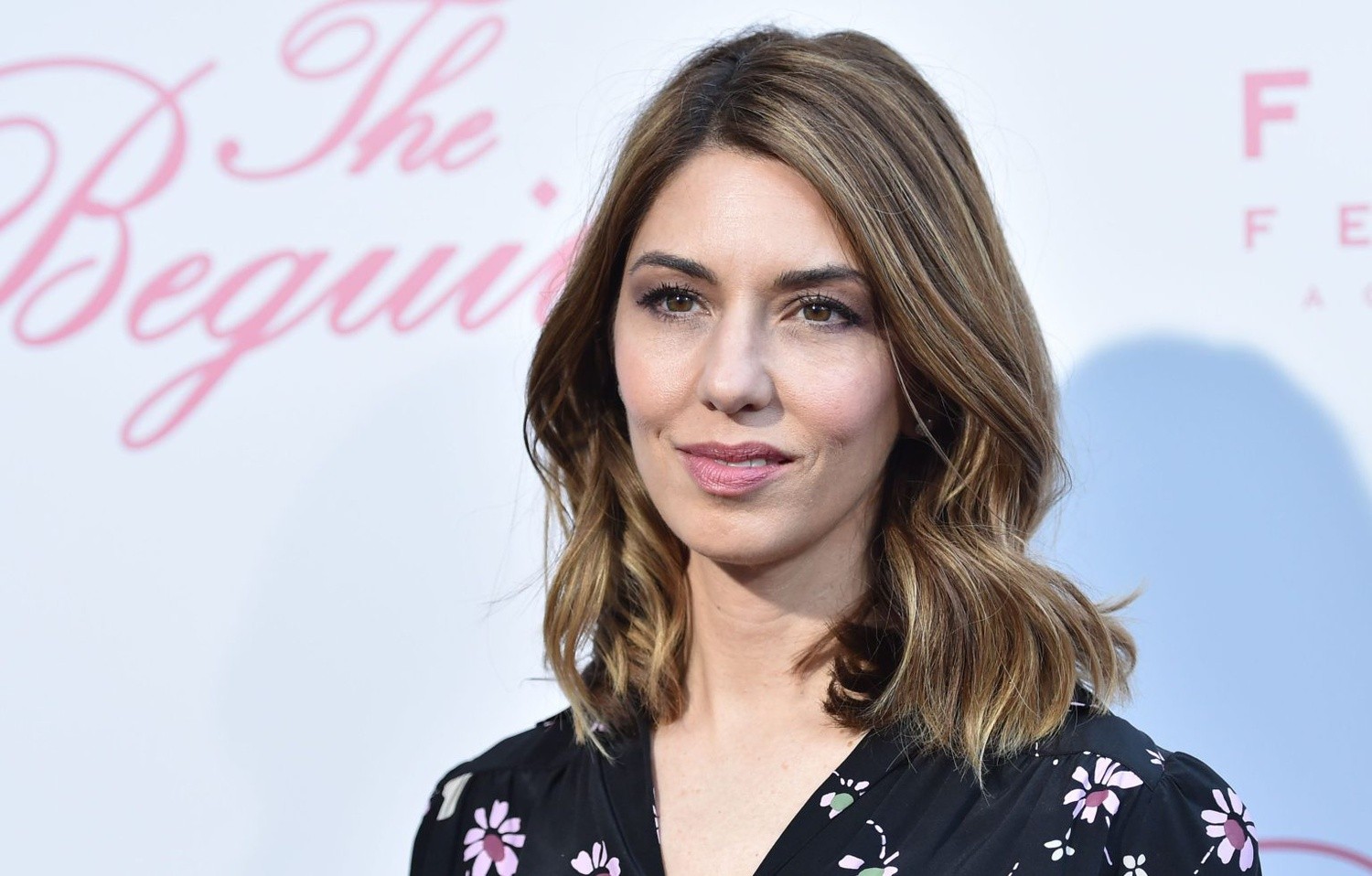
However, Coppola had a different creative vision for the endeavor, which clashed against the wishes of the studio. Insiders initially reported that the eminent filmmaker wanted the-then newcomer Maya Hawke in the leading role as the titular heroine of the live-action. However, studio executives had other plans. They wanted a more well-known name for The Little Mermaid.
Sofia Coppola also expressed her disappointment over how the enormous budget of the project limited her artistic capabilities. The commercialized venture, according to the screenwriter, seemed to favor business over art.
At an event at New York City’s Film Society of Lincoln Center, Sofia Coppola stated the following on the matter:
“For me, when a movie has a really large budget like that, it just becomes more about business, or business becomes a bigger element than art. When it’s smaller, there’s less people involved, it’s not so much at risk, business-wise.”
When the Lost in Translation alum called quits on the venture, Universal hired other talents for their version of The Little Mermaid. With Coppola’s exit, news broke of actress Chloë Grace Moretz being hired to play the role of Ariel; the same role which the director wanted to see Maya Hawke play.
Therefore, from such remarks, we can conclude that the studio’s commercialized approach and its insistence on having a more renowned name at the time, like Moretz, attached to the endeavor, marked Coppola’s departure from Universal and Working Title’s production of The Little Mermaid.
Why Chloë Grace Moretz Pulled The Plug On The Universal Project
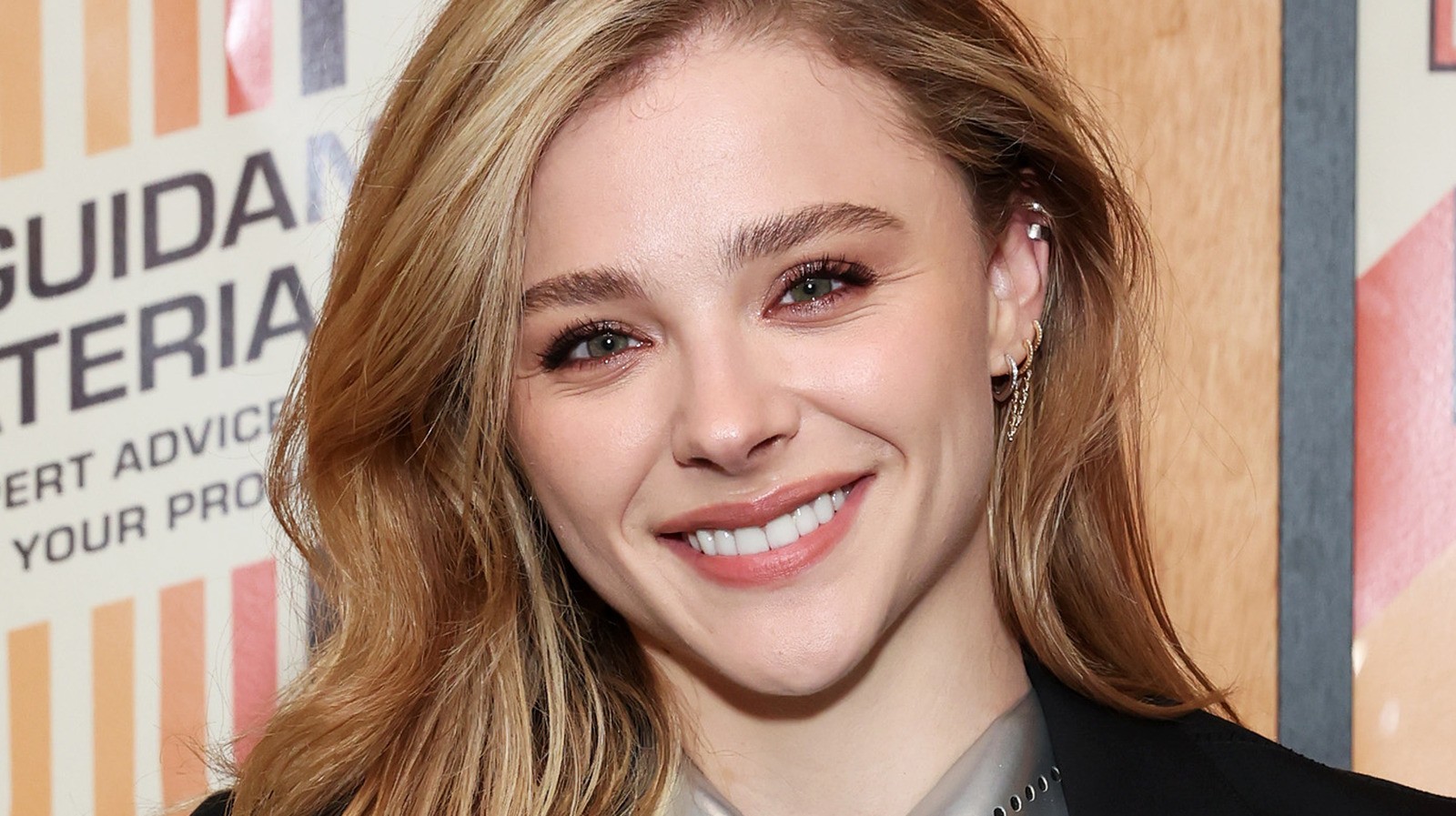
Universal’s The Little Mermaid was set to feature Chloë Grace Moretz in the lead role. In 2016, however, the actress made an astounding statement that notified audiences of her withdrawal from the project. Talking to Hollywood Reporter, she said the following:
“I pulled the plug on all my movies because I want to reassess who I am and find myself within my roles again. I’m realizing that I can slow down.”
This reasoning seemed to explain the status of the actress’ involvement with the film. Moretz later elaborated upon her earlier statement. Speaking to E! News, the talent articulated her intentions regarding future Hollywood pursuits:
“I’m just becoming more picky and particular about what roles I’m choosing. I think as an actor you have a huge opportunity to find yourself through the roles that you choose. I think it’s my time, right now in my life, to figure out who I am and what I am and what I want and what this industry means.”
While such comments were not specifically made about Universal’s The Little Mermaid, audiences could infer that the actress “pulling the plug” on all her movies meant that it included the unfinished project. Hence, at the end of the day, several obstructions ultimately put a full stop on the darker, daring retelling of Hans Christian Andersen’s remarkable story. Instead, the world got to relish Halle Bailey’s embodiment of the iconic mermaid through Disney’s The Little Mermaid (2023).
Owing to such a bittersweet aftermath, fans can only wonder what Sofia Coppola’s envisioning of Ariel’s journey would have looked like.
Source: Variety

